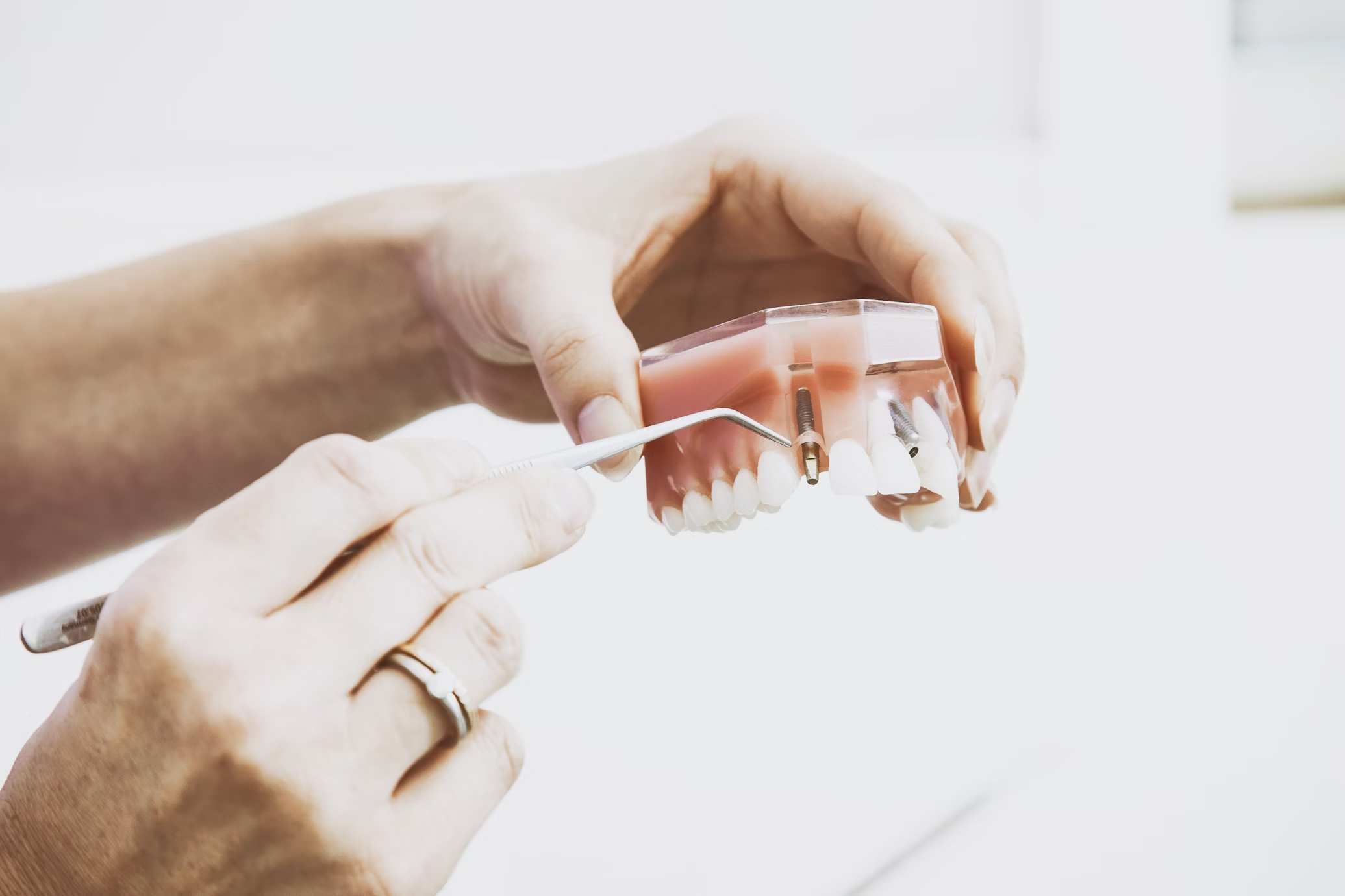In the ever-evolving world of cosmetic procedures, pursuing beauty and self-enhancement is more popular than ever. The range of available methods is vast, expanding from Botox to dermal fillers, from laser treatments to surgical interventions.
However, with this growth comes the critical need for rigorous clinical management to ensure these procedures are safe and effective. Clinical management, like the Ministry of Skin, which encompasses everything from pre-procedure consultations to post-operative care, is indispensable in the cosmetic industry. Here’s why it is crucial.
Ensuring Patient Safety
First and foremost, clinical management is essential for safeguarding patient safety. Cosmetic procedures, whether minimally invasive or surgical, carry inherent risks. These can range from minor side effects like swelling and bruising to more severe complications such as infections, allergic reactions, or even permanent damage if improperly managed.
Comprehensive Patient Assessment
Clinical management begins with a thorough patient assessment. This includes evaluating the patient’s medical history, understanding their aesthetic goals, and discussing potential risks and outcomes.
This step is crucial for identifying underlying health conditions that may contraindicate specific procedures. For example, a patient with a history of keloids might be advised against specific laser treatments that could exacerbate scarring.
Qualified Practitioners
Ensuring that procedures are performed by qualified and experienced practitioners is a key component of clinical management. This includes verifying credentials, ongoing training, and adherence to best practices and industry standards. Skilled practitioners are better equipped to handle complications should they arise and are more likely to achieve optimal results.
Enhancing Procedure Effectiveness
Clinical management also plays a vital role in the effectiveness of cosmetic procedures. The goal is not just to achieve a change in appearance but to do so in a harmonious, natural-looking way that is in line with the patient’s expectations.
Tailored Treatment Plans
Every patient is unique, and so are their aesthetic goals. Effective clinical management involves creating personalized treatment plans tailored to each individual’s needs. This might involve a combination of procedures or a specific technique suited to the patient’s skin type, age, and overall health. Personalized plans are more likely to yield satisfying results and reduce the likelihood of complications.
Ongoing Monitoring and Adjustment
Clinical management does not end once the procedure is completed. Ongoing monitoring and follow-up appointments are crucial to ensure that the patient is healing properly and that the results are developing as expected.
Adjustments or additional treatments may be necessary to achieve the desired outcome. For instance, some patients might require a touch-up treatment of Botox or fillers to maintain their results.
Minimizing Complications and Managing Risks
Even with the best practices, complications can arise. Effective clinical management involves having protocols in place to address and manage any issues that occur promptly.
Informed Consent and Patient Education
A critical aspect of clinical management is obtaining informed consent from the patient. This involves educating the patient about the procedure, potential risks, expected outcomes, and alternative treatments. Informed patients are better prepared for the recovery process and are more likely to adhere to post-procedure care instructions, reducing the risk of complications.
Emergency Preparedness
Clinics must be prepared for emergencies, no matter how rare. This includes having the necessary medications, equipment, and trained staff to handle adverse reactions or complications swiftly and effectively. An organized and well-prepared clinic can distinguish between a minor hiccup and a major crisis.
Building Trust and Satisfaction
Ultimately, clinical management is about building trust and ensuring patient satisfaction. Patients who feel cared for, informed, and confident in their practitioner’s abilities are likelier to have a positive experience and achieve their desired results.
Transparent Communication
Open and honest communication is the cornerstone of building trust. Patients should feel comfortable discussing their concerns and asking questions. Practitioners should provide clear, honest answers and manage expectations realistically.
Long-Term Relationships
Clinical management fosters long-term relationships between patients and practitioners. Many cosmetic procedures require maintenance or follow-up treatments, and a strong patient-practitioner relationship can lead to better overall care and more consistent results over time.
Conclusion
Clinical management is crucial for the safe and effective delivery of cosmetic procedures. It ensures patient safety, enhances treatment effectiveness, minimizes complications, and builds trust and satisfaction. As the demand for cosmetic procedures continues to grow, the importance of robust clinical management practices cannot be overstated. By prioritizing comprehensive care, personalized treatment plans, and transparent communication, the cosmetic industry can continue to provide transformative results while maintaining the highest standards of patient care.





